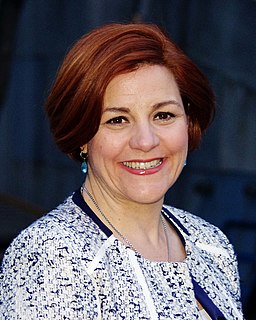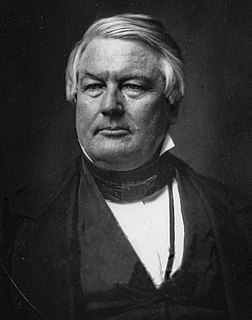A Quote by Hisham Matar
I've always said - I've always said I'm not, by temperament, a romantic about revolutions or given to revolutions. I've always thought that they are not the ideal way to change.
Related Quotes
Before, revolutions used to have ideological names. They could be communist, they could be liberal, they could be fascist or Islamic. Now, the revolutions are called under the medium which is most used. You have Facebook revolutions, Twitter revolutions. The content doesn't matter anymore - the problem is the media.
The old terms must be invented with new meaning and given new explanations. Liberty, equality, and fraternity are no longer what they were in the days of the late-lamented guillotine. This is what the politicians will not understand; and that is why I hate them. They want only their own special revolutions- external revolutions, political revolutions, etc. But that is only dabbling. What is really needed is a revolution of the human spirit.
In the political, the social, the economic, even the cultural sphere, the revolutions of our time have been revolutions "against" rather than revolutions "for"... On the whole throughout this period the man--or party--that stood for doing the positive has usually cut a pathetic figure; well meaning but ineffectual, civilized but unrealistic, he was suspect alike to [by both] the ultras of destruction and the ultras of preservation and restoration.






































